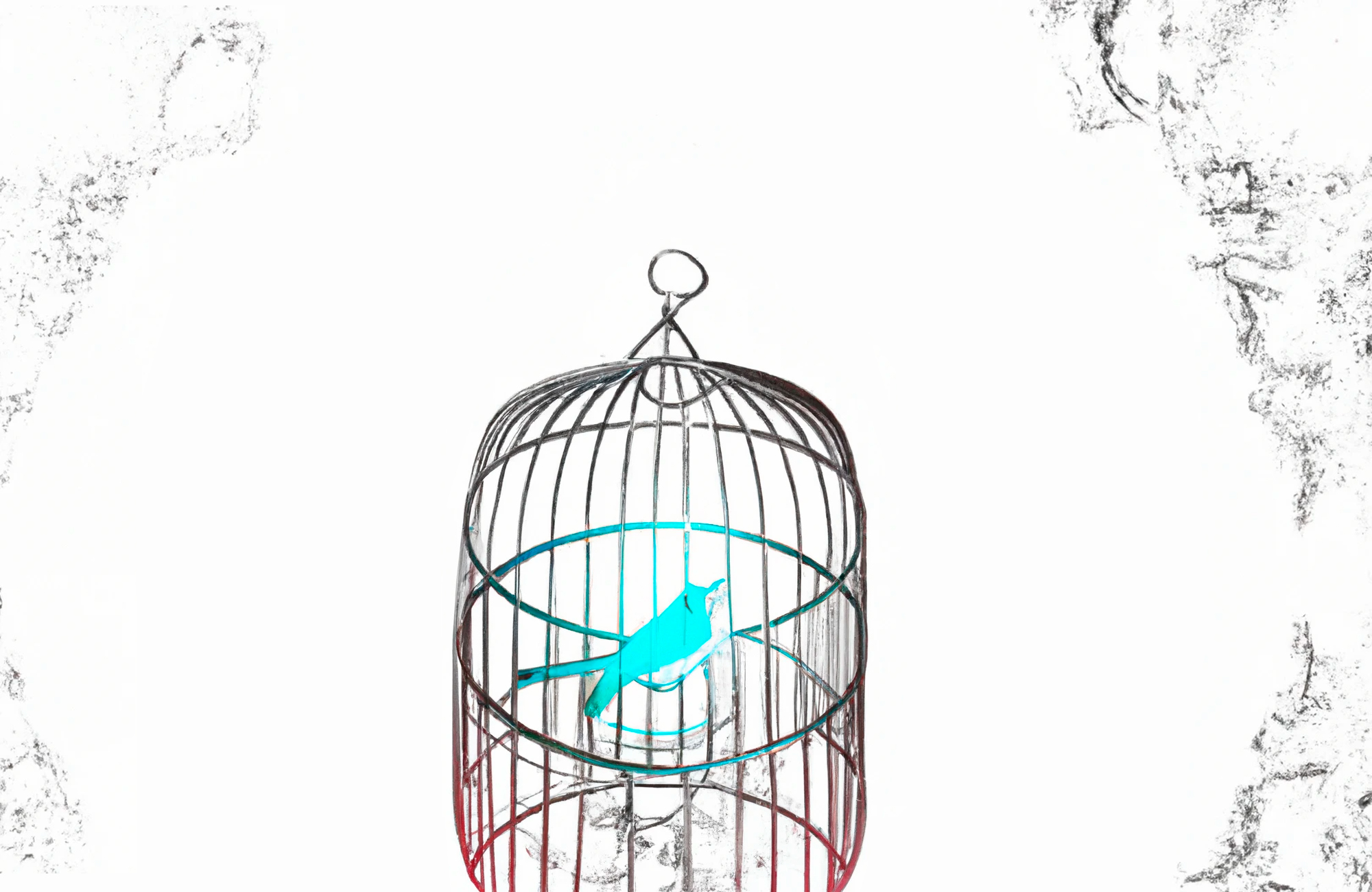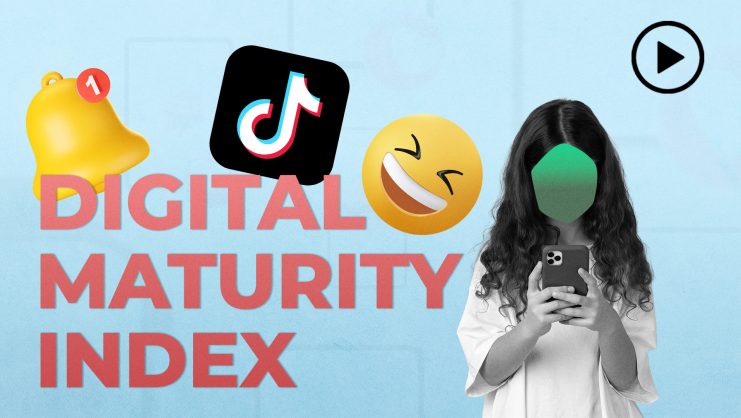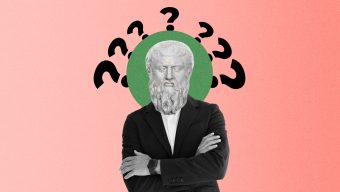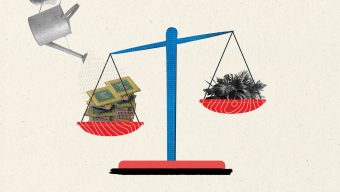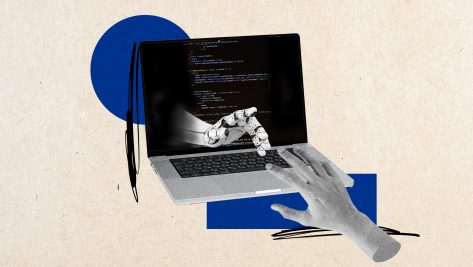Elon Musk’s acquisition of Twitter has renewed focus on the issue of online content moderation, particularly on social media. How and where he draws the line on what can and cannot be said on Twitter will have significant implications for freedom of speech on social networks and has already generated much, at times rather heated, discussion.
Idealism is a losing game. This is the fundamental dilemma of content moderation. It took Twitter’s founders many years to realize it, earning them the dubious merit of creating a platform that has become for many a hellscape of lies, insults, and disinformation. Jack Dorsey and crew then seemingly abandoned their stated goal of being “the free speech wing of the free speech party” and began to consider oversight policies… which they then failed to implement. Although there were constant accusations of bias and censorship, pre-Musk Twitter had rather little moderated content – the complaint mechanisms simply didn’t work. It was a very poorly managed company in that regard.
What happens when moderation mechanisms don’t work? The worst of both worlds. The social network was accused of censorship by some while other users censored themselves because they feared that their comments would make them a target. Failure to manage the situation damaged both its reputation and financial potential. A great many people, and advertisers, either reduced their presence on Twitter or simply stopped using it altogether. This steady decline has been a key factor in its eventual acquisition. If Twitter had implemented a better oversight and moderation policy to begin with, Musk would not have considered taking it over.
In the run-up of the takeover, Musk made a number of comments that prompted widespread concern that his arrival would send Twitter further into mayhem, into a place where truly anything goes. A trolling campaign was unleashed that supposedly aimed to quicken this descent, but was soon quelled. It hardly needs pointing out that Musk wouldn’t pay top dollar for a platform just to trash it. After those troll accounts were deleted, Twitter returned to normal, which, admittedly, isn’t saying much.
What is the key to turning Twitter around? In short, preventing fake accounts. But simply requiring people to fully identify themselves is no answer, because it excludes those who, for whatever reason and in many cases very justifiably, need to use a pseudonym or protect themselves by remaining anonymous. Anonymity is a fundamental right, and companies that retain the identity of their users have a problem: in some countries, the government can demand the personal details of people who use accounts they find to be a nuisance. In this case, obviously, a distinction must be made between criminals and legitimate political activists, and those who belong to groups persecuted for ideological, religious or cultural reasons.
But this is where things get tricky. Should a social network provide a government with information about somebody who uses their account to disturb public order, launch hoaxes, defame or incite others to violence? What about a person who criticizes the Beloved Leader or a member of the LGTBQ+ community in a country with highly restrictive sexual norms? The cultural aspects and legal jurisdictions of each country are fundamental here, and often place companies in multiple dilemmas.
It is quite possible that Musk wants to transition Twitter to become a Web3 service.
The best way to manage identity and participation on social networks and online is by using what is set to become the identification mechanism of the so-called Web3: cryptography. Some applications are already starting to offer their users the possibility of identifying themselves by means of a wallet. Imagine how popular this mechanism might become if Twitter were to adopt and offer it. Twitter could perhaps fantasize with transforming the Twitter handle into a sort of universal identifier on Web3 – and there are other possibilities to explore, such as the incorporation of cryptocurrencies or NFTs for financial transactions and cultural creation.
Dorsey, who upon resigning from Twitter immediately changed the name of his financial payments company Square, to Block Inc., remains invested in the company that Musk has set up to run Twitter. It is quite possible that Musk wants to transition Twitter to become a Web3 service – but this, for the moment, is merely speculation – as is how Dorsey’s new initiative Bluesky might be a future collaboration for Musk’s Twitter, rather than competition.
Regardless of Twitter’s direction, though, it’s not headed towards a free-for-all jungle where only the loudest and most aggressive voices are heard. Musk surely understands that failing to moderate content only serves to favor those who are interested in breaking societal codes and tends to cancel out those of us who want to preserve them as the basis for discussion.
So, clearly, any content that transgresses basic norms of social interaction, such as hate speech or incitement to violence, needs to go. Identifying the people behind such accounts is fundamental. If content that has been removed is reposted under another name, the system is robbed of any credibility. The key issue is accountability. If you break the rules, you are warned; if you break them again, you get kicked out. Admittedly, this is easier said than done but as we all know, it is how wider society works. The same rules must apply online.
It would also do well for Musk to remember Karl Popper’s recommendation to be intolerant of intolerance. He should work to eliminate the biases that can lead to the accusations of moderation policies reflect ideological bias in and of themselves. It’s going to be a difficult square to circle, but it’s a task that cannot be avoided, especially when managing a participatory platform.
We won’t have to wait too long to see how these issues play out for – and on – Musk’s Twitter.
© IE Insights.



